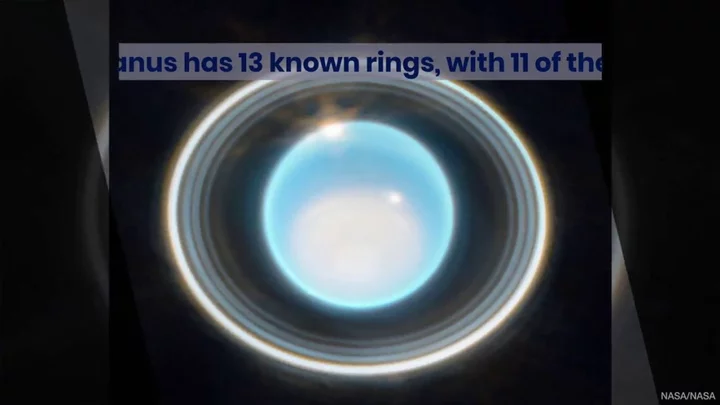A new planet has been discovered and apparently it is pretty fluffy - like candy floss.
The exoplanet, WASP-193b, was discovered 1,232 light-years away and while it's nearly 50 percent bigger than Jupiter, it's light and fluffy making it as dense as the sweet treat.
According to a team led by astronomer Khalid Barkaoui of the University of Liège in Belgium, the planet orbits a Sun-like star named WASP-193. This star is around 1.1 times the mass and 1.2 times the radius of the Sun and is very close to the Sun in temperature and age. The planet orbits the star around once every 6.25 days.
Barkaoui and his colleagues also found its radius is around 1.46 times the radius of Jupiter. But its mass is incredibly small by comparison: just 0.139 times Jupiter's.
Sign up to our free Indy100 weekly newsletter
From these properties, the researchers derived the exoplanet's density: 0.059 grams per cubic centimeter. This is a lot less dense than other planets like Jupiter and Earth. And as a point of comparison, cotton candy has a density of 0.05 grams per cubic centimeter which is why they made the link.
There are few other examples of a planet like this existing but its close proximity to a star may give an indication as to how it came to exist as its heat is likely to have warmed up the planet's puffy atmosphere, which is mostly made up of hydrogen and helium.
This state of the planet is only set to last for around a few ten million years as the temperatures and winds emitted from the star are only likely to strip back the atmosphere further.
Due to this scientists cannot fully recreate or determine what is causing WASP-193b's unique atmosphere but is it likely to be a continued source of study to try and determine the cause of this phenomenon.
You probably won't find this planet sold at fairgrounds any time soon though.
Have your say in our news democracy. Click the upvote icon at the top of the page to help raise this article through the indy100 rankings.









